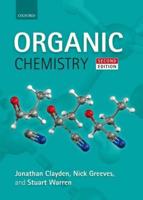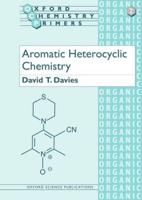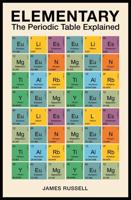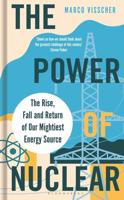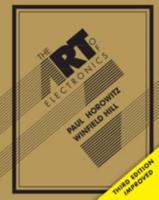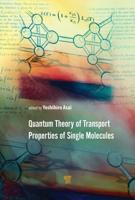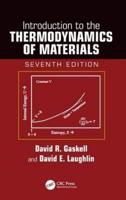Publisher's Synopsis
Most organic reactions have long been carried out in organic solvents without concern for their real necessity, reaction efficiency, and pollution problems. Very recently, we have found that most organic reactions can be carried out in the absence of a solvent, namely, in the solid state. In many cases, the solid-state reaction proceeds more easily and efficiently, and even more selectively than solution reaction. This shows that molecules move easily and selectively in the solid state. This finding changed the classical idea which suggests "molecules do not move and reactions do not occur in the solid state", and opened up a new research field for the study molecular dynamics in the solid state. The organic solid state reactions have many possibilities to be developed. For example, enantioselective reactions can easily be accomplished by carrying out the reaction in an inclusion complex crystal with an optically active host compound.
Catalytic reactions also proceed in the solid state. Moreover, the solid-state reactions are more economical and ecologically sound. In the future, pollution-free synthetic procedures in the solid state will become increasingly important, not only in chemical industries but also in university laboratories.

